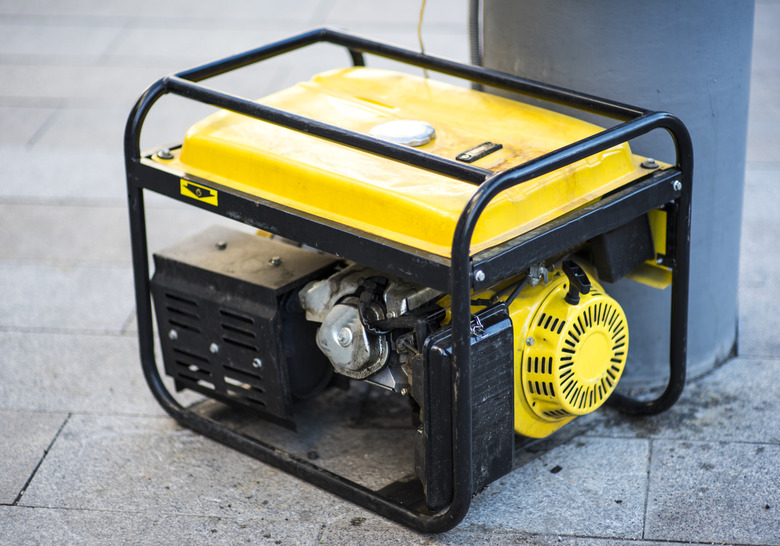The Heat Rate Of Power Generators
Heat rate, normally quoted in British thermal units (Btu) per kilowatt hour (kWh), is a measure of the thermal efficiency of a power plant or generator. It is calculated by dividing the energy content of the fuel burned to produce electricity by the amount of electrical energy generated from it.
Fuel Cost
Fuel Cost
Different power generators vary in capacity from month to month, or even day to day. This variation in capacity produces differing heat rates, which have a bearing on the cost of fuel; the total cost of fuel can be calculated by multiplying the heat rate by the cost of fuel per Btu.
Combined Cycle Unit
Combined Cycle Unit
A so-called combined cycle unit is effectively a steam power plant, but a heat recovery steam generator (HRSG) is heated by gas turbine exhaust, rather than by burning fuel. Combined cycle units have the lowest, or most efficient, heat rate of all power generators at full power.
Heat Rate Degradation
Heat Rate Degradation
The heat rate of a power generator degrades as the efficiency of electricity generation decreases over time. The heat rate of simple cycle units degrades by 0.2 percent per year, while the heat rate of combined cycle units degrades by 0.05 percent per year, according to the California Energy Commission.
References
- "Power Plant Engineering"; Lawrence F. Drbal, Patricia G. Boston, Kayla L. Westra, Black & Veatch; 1996
Cite This Article
MLA
Dunning, David. "The Heat Rate Of Power Generators" sciencing.com, https://www.sciencing.com/heat-rate-power-generators-7958684/. 22 February 2011.
APA
Dunning, David. (2011, February 22). The Heat Rate Of Power Generators. sciencing.com. Retrieved from https://www.sciencing.com/heat-rate-power-generators-7958684/
Chicago
Dunning, David. The Heat Rate Of Power Generators last modified March 24, 2022. https://www.sciencing.com/heat-rate-power-generators-7958684/
